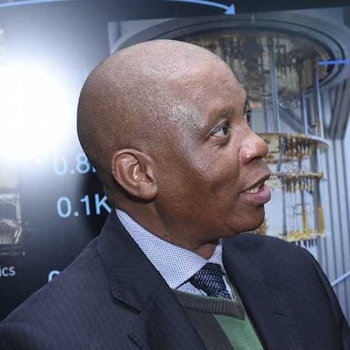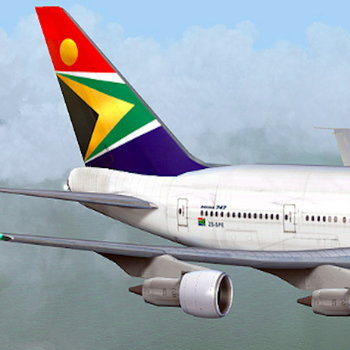
Court judgment is good news for existing, new SA emigrants to UK
Loading player...
Relocation to a new country is challenging. The decision itself is not easy. Even the most rational of beings find it difficult to overcome emotional aspects like the familiarity of people and places, the in-built understanding of how things work, and aversion for change that’s embedded in all of mankind.
Economists have a term for this reluctance – they call it Home Bias.
But sometimes circumstances prove too much for even those most deeply infected with such Home Bias. The fortunate get pulled by an irresistible need to expand their horizons, to pursue new opportunities. Others get pushed by things beyond their control.
After decades of geographic and political isolation, economic and political change in South Africa has created uncertainty. That has sparked new lines of inquiry among formerly settled citizens, particularly those with internationally transportable skills. As much of South Africa’s national culture was shaped from centuries as a British colony, it’s little surprise the UK has, for many, been a magnet.
Official records show almost a million South African-born people now live in the UK. This mass migration has established a thriving community into which new arrivals can and do quickly integrate. Technology benefits like Skype, Whatsapp, Waze, Citymapper and a host of others have removed the information barrier.
As a result, Saffers, as they call themselves, tend to integrate quickly and usually successfully into the UK. But many who do have British ancestry a couple generations back, struggle with the concept of having to commit to a minimum stay of five years to earn citizenship.
But as we hear from specialist emigration lawyer JP Breytenbach, there’s some good news on that front.
Economists have a term for this reluctance – they call it Home Bias.
But sometimes circumstances prove too much for even those most deeply infected with such Home Bias. The fortunate get pulled by an irresistible need to expand their horizons, to pursue new opportunities. Others get pushed by things beyond their control.
After decades of geographic and political isolation, economic and political change in South Africa has created uncertainty. That has sparked new lines of inquiry among formerly settled citizens, particularly those with internationally transportable skills. As much of South Africa’s national culture was shaped from centuries as a British colony, it’s little surprise the UK has, for many, been a magnet.
Official records show almost a million South African-born people now live in the UK. This mass migration has established a thriving community into which new arrivals can and do quickly integrate. Technology benefits like Skype, Whatsapp, Waze, Citymapper and a host of others have removed the information barrier.
As a result, Saffers, as they call themselves, tend to integrate quickly and usually successfully into the UK. But many who do have British ancestry a couple generations back, struggle with the concept of having to commit to a minimum stay of five years to earn citizenship.
But as we hear from specialist emigration lawyer JP Breytenbach, there’s some good news on that front.





